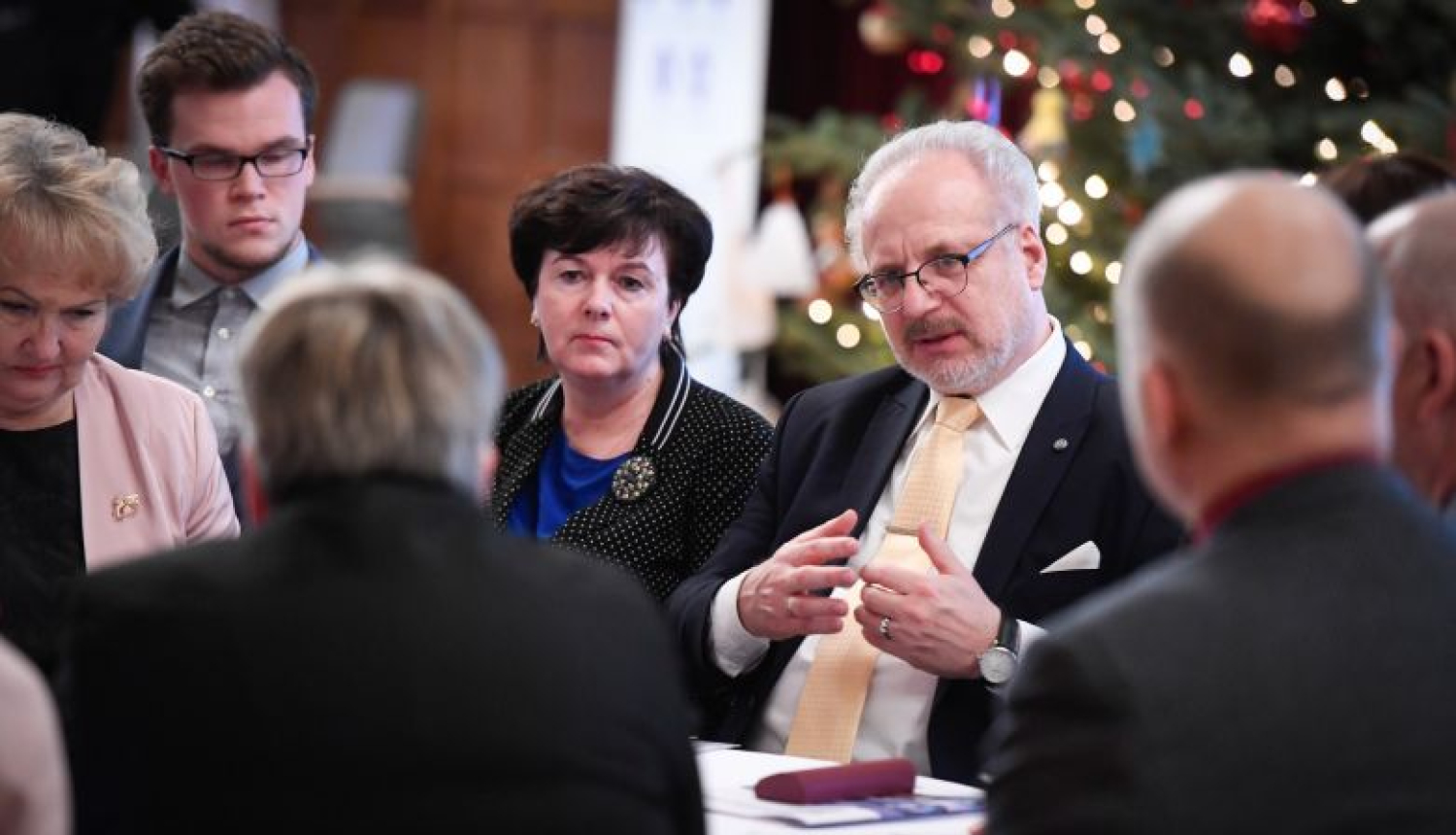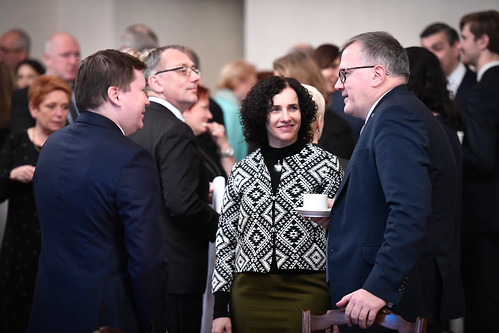Thank you all for participating in this discussion.
To recap briefly, all of you expressed your support for the reform because its aim is to improve the quality of higher education and encourage scientific research. In this regard, there are at least two issues on which you and I have more or less the same views. The idea of grouping higher education establishments according to two or maybe three types is more debatable. Because of the unique characteristics, which belong neither to applied or fundamental sciences, the third type would include art and culture academies. Each type has its goals and, of course, criteria for measuring how these goals are attained. This would also include sufficient funding for achieving the key goals of the particular type of higher education.
Discussions also showed that there is broad support for and quite strong consensus about governance model with boards of governors. Boards would draft university strategies and appoint rectors. Strategies would then be implemented by rectors.
There is also the issue of academic freedom and wisdom embodied by the Senate, which is elected mostly by professors and students, of course, too. By the way, we should also probably allow technical and administrative staff to vote, but mostly it should be decided by teaching staff.
Doubts about the need to have constitutional assemblies were also raised. If such assemblies are part of university identity and sense of unity, we should probably encourage such general constitutional assemblies once a year. Board of governors and rector would take the floor to give performance overview and outline future plans, followed by a reception for university staff to bond.
The most important benefit of such discussions is that we now have general understanding of governance model more or less accepted by all. Details, however, remain to be worked out.
Some of you asked earlier about an issue that we did not discuss today, the issue of academic personnel (primarily professors). What we see is that almost everybody working in a university also has at least two other jobs as researchers and lecturers. I believe, and it would make more sense, that professors are professors and that is what they are paid for. However, professors also have certain scientific and teaching obligations. Their purpose is to pass on their scientific knowledge to successors and that is why they need to combine these various capacities. It is an established model elsewhere in Europe and we should go for it too.
I will not make any comments about funding, but I do want to underline that one of the issues that emerged during today’s discussion and will have to be addressed is criteria for social, human sciences and art. Defining criteria is not an easy task but we have to start thinking about it. That is also where the language issue comes in. I do not think that language could be much of an issue in natural sciences where all publications for international magazines have to be in English, while social, human sciences and art should be subject to different criteria and language rules. By the way, next year the Chancery of the President of Latvia will organise a conference ‘Science and language’ and I invite everyone in this room to register for it, if you feel interested.
In conclusion, I would like to once again thank you all for your active participation and contributions on various issues. This is another step towards the reform, and your views will definitely help the Education and Science Minister and ministry to draft and implement a more focused reform proposal.
Thank you!





